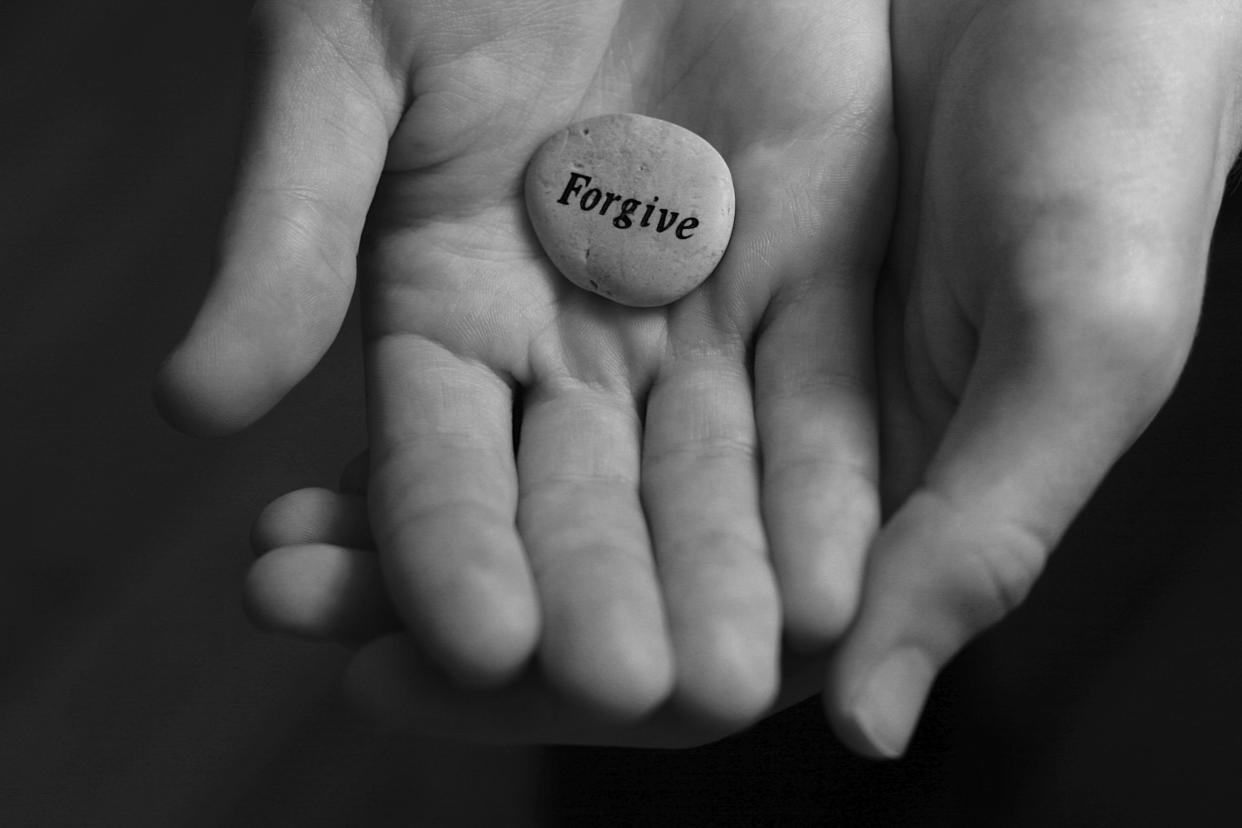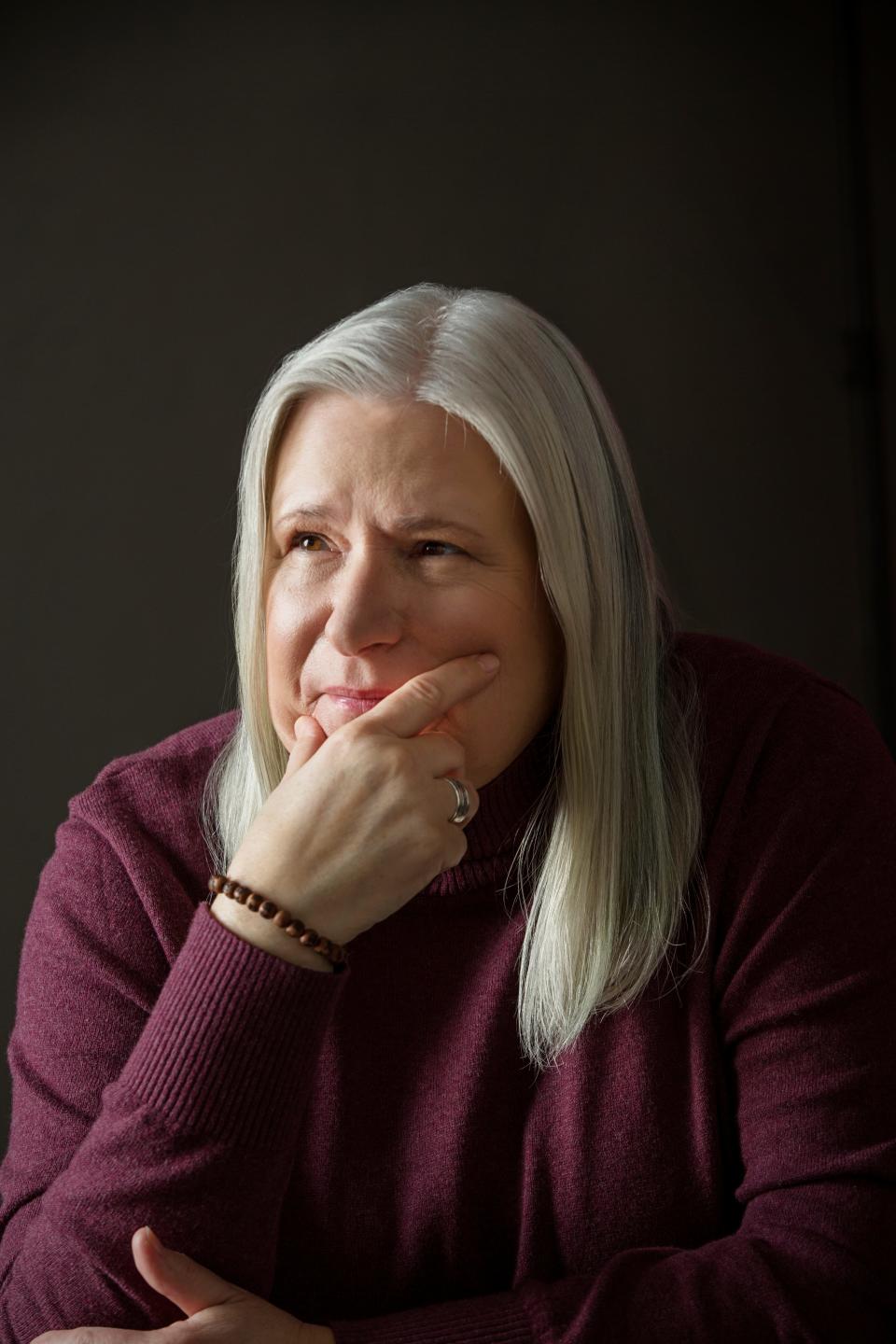Nancy Snow: Inherent goodness in Oklahomans offers strength to forgive one another

Sometimes incivility is understandable. We live in a stressful society. We still live in the shadow of COVID. Inflation and rising food and fuel prices, coupled with wages that do not keep pace, add to stress. Other sources of stress abound — the threats of gun violence and of racist affronts. Hurry, worry and bother can make life difficult at times. Sometimes it’s difficult to find the time to rest and relax, take stock and rejuvenate.
Yet I think the natural sweetness of Oklahomans affords us an advantage that is perhaps not available to others. The deep inherent goodness of the people offers the strength to overcome stresses and find ground on which to stand against “the slings and arrows of outrageous fortune,” as Hamlet put it. Finding solid ground on which to stand enables us to engage in that most sublime of virtues — forgiveness.
Forgiveness in the face of affronts is not easy. It doesn’t occur in a single moment, but is a process. Some philosophers have argued that forgiveness is forswearing resentment, a kind of cleansing of the negative emotions one can feel at incivility, lies, disrespect and other insults. But it is not simply that. It is a recognition and acknowledgment of the complex humanity of the person who offends one. To forgive is to recognize that the offender is only human — imperfect and capable of error. It is also to acknowledge what we owe to that person — we owe respect. To forgive someone is not only to accept her failings, but also to grant that she is capable of correcting them, of making amends and doing better. It is to attempt to repair and restore a broken relationship with another. Sometimes forgiveness occurs with family and friends. In other cases, it occurs with those with whom we live in civil society — in public life.
More:In society rife with justifiable anger, move toward love
A recent study by a young psychologist, Jonathan Tirrell, explores forgiveness in the context of restorative justice in Rwanda. Repair and restoration after genocide is an extreme case. Forgiveness in this and less extreme contexts requires restoring broken trust. Sometimes offenders don’t admit their wrongdoing and give us little reason to trust them. In these cases, forgiveness is risky, to say the least, for one could be putting oneself in harm’s way. Yet we can forgive cautiously, keeping an eye on the relationship as it develops. This is not full forgiveness, but part of a process in which trust in the other could be restored.
The kindness of the people of our state furnishes a natural orientation toward forgiveness. Forgiveness does not require immediate trust, but takes working toward a healthier relationship with another who has been offensive. What if a healthier relationship is impossible? Disengagement, for the sake of one’s own well-being, is then justified. Disengagement is an admission that the relationship cannot be repaired. For the sake of public life, let us work toward forgiveness and the restoration of trust, with faith in the natural goodness of each other. Doing so will help us to revive the signature ethical ideal of our state — the "Oklahoma standard" — our commitment to helping one another and treating one another with kindness.

Nancy E. Snow is a philosophy professor at the University of Oklahoma and also serves as director of the Institute for the Study of Human Flourishing.
This article originally appeared on Oklahoman: Kindness of Oklahomans furnishes natural orientation toward forgiveness

